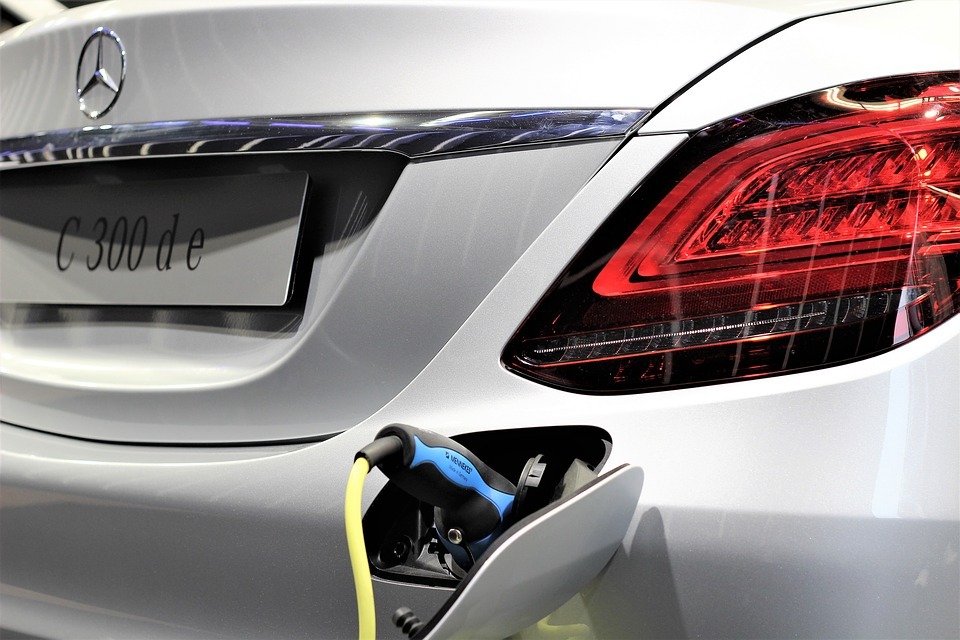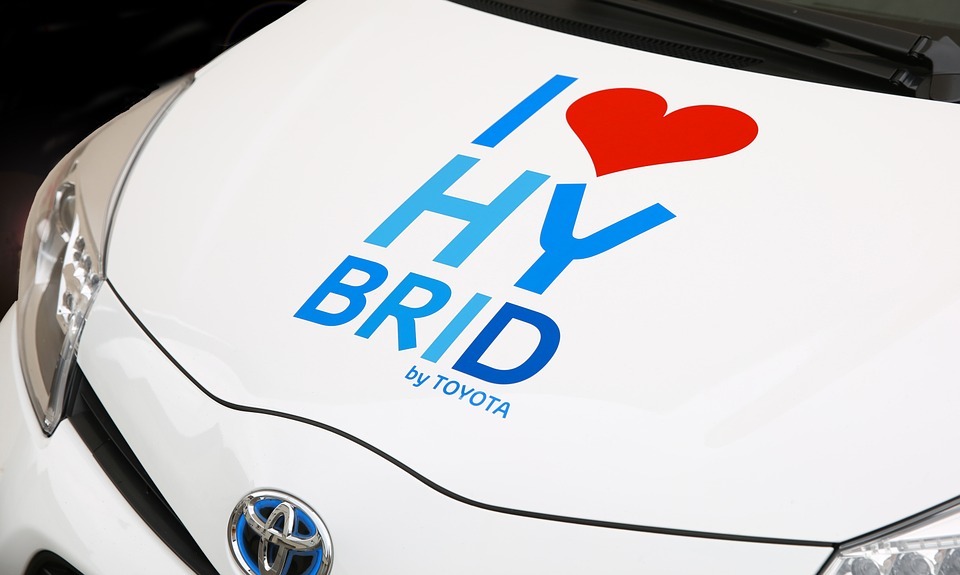Why The Insurance Companies “Get You”
Insurance companies don’t solely make money from what you pay annually or monthly for protection. One massive avenue of income for insurance companies is through investment. They’ll take the money they collect from those they insure and invest that across the stock market in varying “sure” stocks.
How a given insurance company invests may vary. That said, it’s worth noting that insurance companies are savvy. They understand where they can “squeeze” those they insure. They will also back out of covering claims if at all possible. Certainly, some insurance groups are more ethical than others, but their profit model isn’t expanding insurance, but an investment.
A great way to do that is to find varying ways of hiking up the price of coverage. Different factors allow them to do that. For example, if you’re a teenager driving for the first time, you’re going to have to pay more for insurance. If you’ve had tickets or accidents, it drives up insurance rates. If you drive a hybrid, that’s going to cost you more as well. Why?
Hybrids Are More Expensive And Save Users Fuel Costs
Hybrid vehicles tend to cost more than regular vehicles in terms of acquisition costs while saving gasoline money. Accordingly, for insurance companies to repair damages to such vehicles, they’re on the hook for more money. That means they’re going to hike up rates based on the associated expense of your vehicle as weighed against its regular use.
An RV won’t cost you as much to insure as a town car, because you’re less likely to drive that vehicle every day. So if you live in an RV full-time, there is the propensity to “game” the system. The vast majority of RV owners don’t live in them full-time, so insurance companies don’t weigh insurance charges with that in mind. But town cars are driven regularly.
So an expensive car costs more to insure because it costs more to fix. Hybrids are more expensive. Compounding the issue, though, is the cost of fuel. You pay less when you’re driving a hybrid, which means, statistically, you can afford to pay more for insurance. So this is another area where, statistically, insurance companies recognize they can charge more.
If you are driving a hybrid, and you’re insuring it, owing to associated expense it’s wise to find secondary service options that save money beyond insurance solutions. For example, especially if you drive in a big city where trucks constantly spit rocks at your windshield, you’ll want glass replacement options like those at this website: https://www.glass.net/.
How Much More Does It Cost To Insure A Hybrid?
Thankfully, the price hike is statistically minimal. It’s not “nothing”, but on average, you can expect to pay about 7% more for a hybrid vehicle’s insurance than you would for a traditional vehicle. What does that look like?
Well, if you were paying $150 a month for a non-hybrid based on your age, gender, and driving history, a hybrid would cost you $160.50. If you were paying $1,200 a year on a non-hybrid vehicle, the hybrid would likely cost you $1,284 to insure. Paying annually saves you money over paying monthly, so definitely consider that if you’re buying a hybrid.
Is It Worth It To Drive A Hybrid?
That all depends. Hybrids are newer, meaning just to work on them requires you to send the car to a shop. An old Dodge, Chevy, or Ford—up to about 2005 or 2006, depending—can be worked on in your parking lot or garage. The more “modern” the car, the more computer-controlled systems define its operation, requiring specialists and their tools.
Also, it’s worth noting lithium-ion batteries are expensive to produce, and sourcing the materials for these batteries isn’t necessarily kind to the environment even when you consider carbon offsets from less use of traditional fuel. However, you do get excellent mileage. If you drive 20k+ miles a year, a hybrid may save money over increased insurance and acquisition.
At the end of the day, it will depend on what your needs are, what your budget is, and what your values are as pertain to vehicular technology. A used car that’s late-model can be acquired for around $5k and may last you several years.
New cars are going to be between $20k and $50k, depending on if they’re electric or hybrid—and your region, of course. L.A.’s cars are pricier than Wyoming’s. So figure out your budget, figure out your driving schedule, and ask for quotes from varying insurance companies to determine what you’ll ultimately pay.


